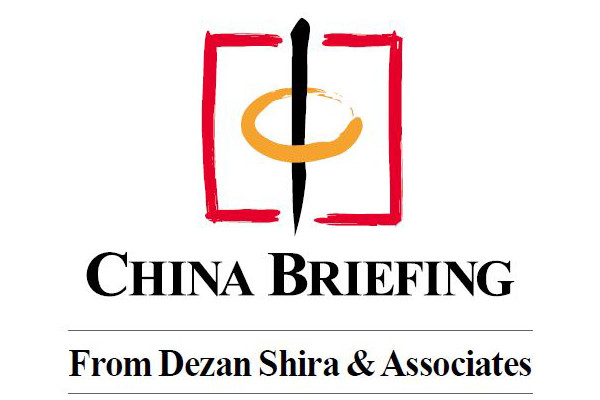
Last week on April 25, the State Council announced that China will cut more than RMB 60 billion (US$9.5 billion) worth of taxes for small and micro enterprises and high-tech firms.
The tax cuts come in the form of seven measures designed to reduce costs for small companies and stimulate innovation. According to a government statement, “The move aims to reduce the cost for innovation and entrepreneurship, energize small and micro businesses, and spur job creation.”
The cuts come shortly after China reduced its value-added tax (VAT) rates as part of an RMB 400 billion (US$64 billion) tax cut package. In his Work Report at the Two Sessions meetings in March, Chinese Premier Li Keqiang said that China would cut up to RMB 800 billion (US$126 billion) worth of taxes for businesses and individuals in 2018.
![]() RELATED: China Announces US$55.2 Billion in Tax Cuts
RELATED: China Announces US$55.2 Billion in Tax Cuts
The seven tax cut measures are:
- The value per unit of newly-purchased research & development (R&D) instruments and equipment eligible for a one-time tax deduction will be raised from RMB 1 million (US$157,913) to RMB 5 million (US$789,565);
- The annual taxable income threshold of small and micro enterprises to be eligible for preferential corporate income tax (CIT) incentives will be raised from RMB 500,000 (US$78,957) to RMB 1 million (US$157,913);
- The preclusion of tax deductions for overseas R&D expenses will be abolished;
- The number of years for capital loss carryover for high-tech enterprises and technology-based SMEs will be extended from five years to 10 years;
- All enterprises will have pre-tax deductions for employee training costs raised from 2.5 percent to eight percent of employee salaries and wages, the same rate that high-tech companies currently enjoy;
- The stamp tax levied on book accounts established by taxpayers for paid-in capital and capital reserves will be halved, and stamp duty on other book accounts will be exempted;
- The tax incentives enjoyed by venture capital firms and angel investors that sees 70 percent of their investment deducted from taxable income at the seed and early stages of the high-tech startups they finance will be extended nationwide.
Measures one and two will be effective from January 1, 2018 until December 31, 2020. Measures three, four, and five will be implemented from January 1, 2018, while measure six will be implemented from May 1, 2018. Measure seven will be implemented from January 1, 2018 for CIT and from July 1, 2018 for personal income tax.
![]() International Tax Planning Services from Dezan Shira & Associates
International Tax Planning Services from Dezan Shira & Associates
These latest tax cuts for high-tech firms come as Chinese President Xi Jinping has vowed to redouble efforts to develop China’s domestic tech capabilities – namely through the controversial Made in China 2025 program – amid trade tension with the US.
The US recently announced that it would prevent US companies from doing business with Chinese telecom equipment giant ZTE as punishment for violating sanctions on Iran. The decision will cause a major challenge for ZTE due to its reliance on US technology.
In recent days Xi has likened the development of China’s indigenous tech capabilities to the country’s massive Three Gorges Dam project and its development of nuclear weapons, underscoring the importance of the mission.
This article was first published on China Briefing.
Since its establishment in 1992, Dezan Shira & Associates has been guiding foreign clients through Asia’s complex regulatory environment and assisting them with all aspects of legal, accounting, tax, internal control, HR, payroll, and audit matters. As a full-service consultancy with operational offices across China, Hong Kong, India, and ASEAN, we are your reliable partner for business expansion in this region and beyond.
For inquiries, please email us at info@dezshira.com.
Further information about our firm can be found at: www.dezshira.com.





